Filter by
The language used throughout the course, in both instruction and assessments.
Choose the Unsupervised Learning Course That Aligns Best With Your Educational Goals
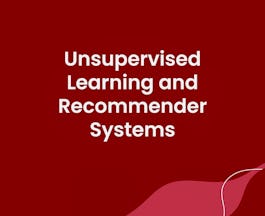
DeepLearning.AI
Skills you'll gain: Algorithms, Machine Learning, Machine Learning Algorithms, Applied Machine Learning, Human Learning, Deep Learning, Machine Learning Software, Mathematics, Reinforcement Learning, Statistical Machine Learning, Tensorflow
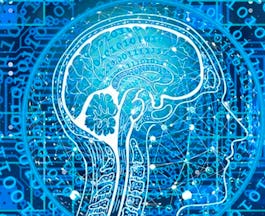
Skills you'll gain: Algorithms, Machine Learning, Machine Learning Algorithms, Dimensionality Reduction, Applied Machine Learning, Human Learning, Statistical Machine Learning
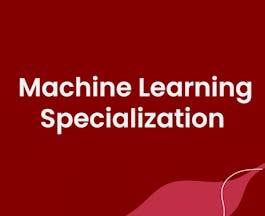
Multiple educators
Skills you'll gain: Machine Learning, Machine Learning Algorithms, Applied Machine Learning, Algorithms, Deep Learning, Machine Learning Software, Artificial Neural Networks, Human Learning, Statistical Machine Learning, Python Programming, Regression, Mathematics, Tensorflow, Critical Thinking, Network Model, Reinforcement Learning

University of Colorado Boulder
Skills you'll gain: Dimensionality Reduction
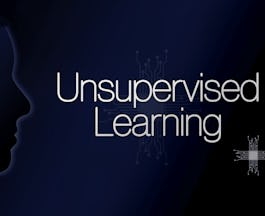
O.P. Jindal Global University
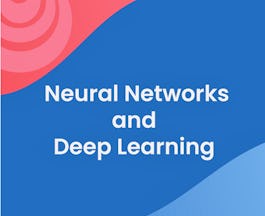
DeepLearning.AI
Skills you'll gain: Artificial Neural Networks, Deep Learning, Machine Learning, Machine Learning Algorithms, Python Programming, Computer Programming, Network Architecture, Network Model, Calculus, Human Learning, Regression, Mathematics

University of Washington
Skills you'll gain: Algorithms, Human Learning, Machine Learning, Machine Learning Algorithms, Applied Machine Learning, Python Programming, Probability & Statistics, Data Analysis, Machine Learning Software, Statistical Machine Learning

Wesleyan University
Skills you'll gain: Human Learning, Machine Learning

Imperial College London

Coursera Project Network
Skills you'll gain: Machine Learning, Computer Vision
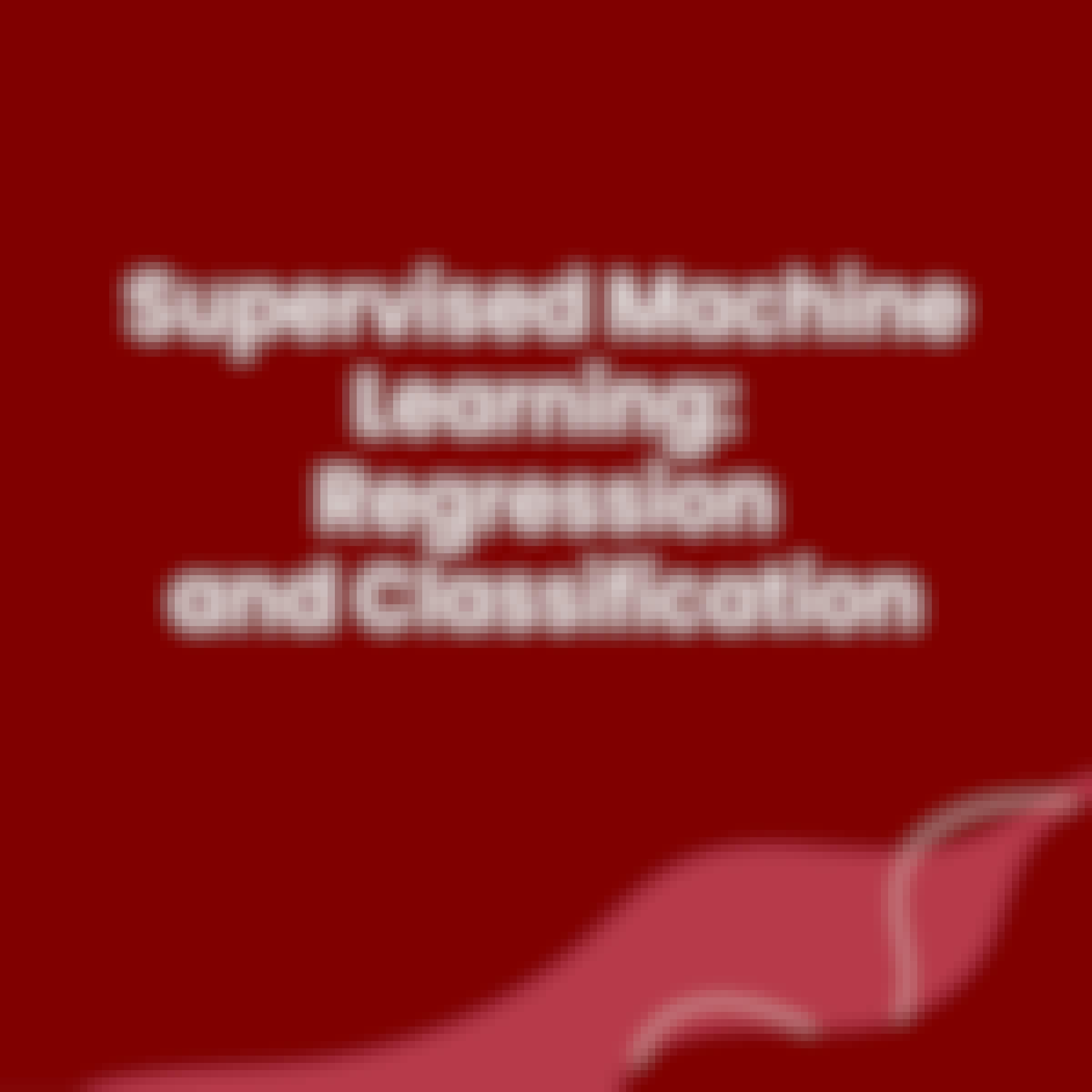
DeepLearning.AI
Skills you'll gain: Machine Learning, Machine Learning Algorithms, Regression, Applied Machine Learning, Algorithms, Statistical Machine Learning, Mathematics, Critical Thinking, Machine Learning Software, Python Programming
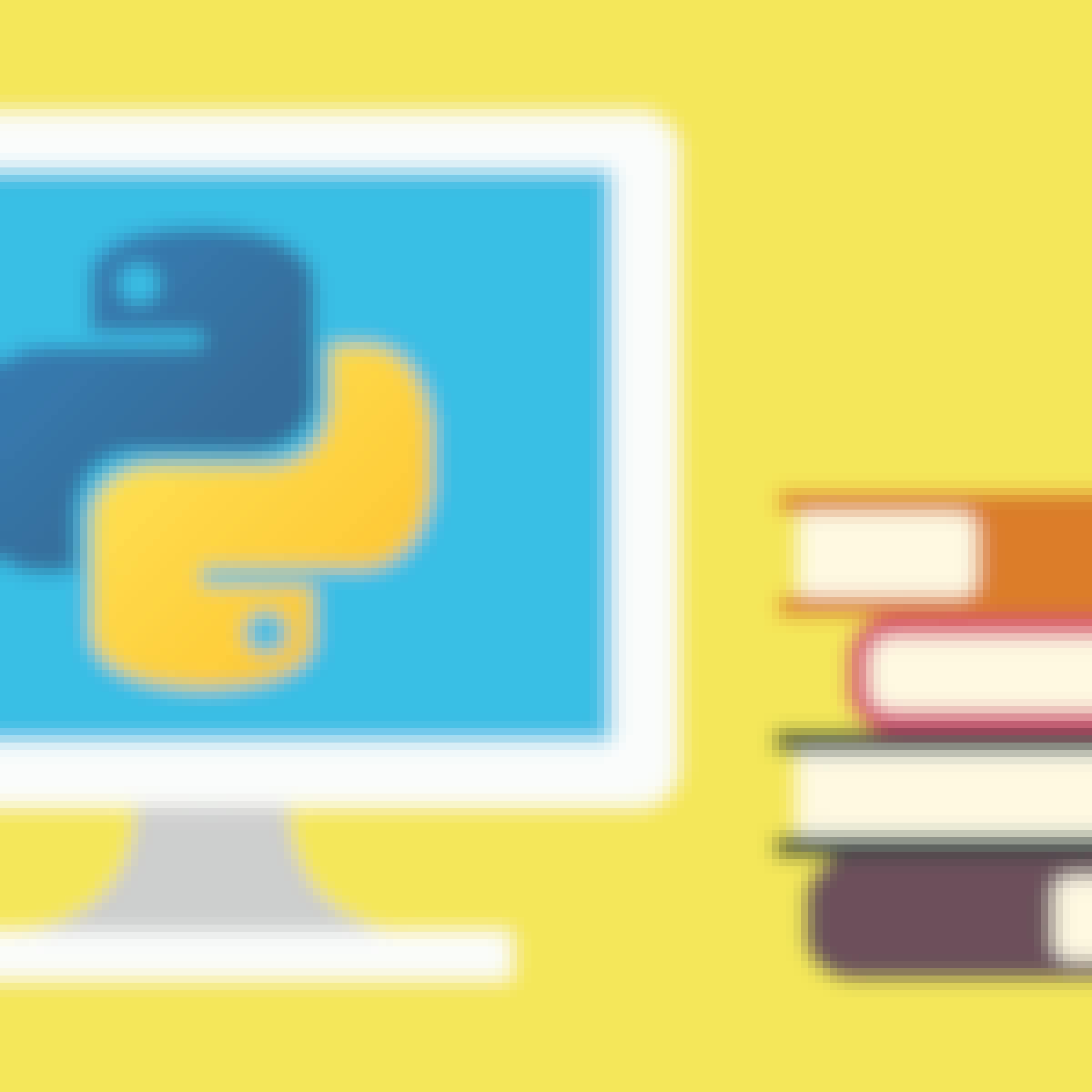
Skills you'll gain: Machine Learning, Algorithms, Data Analysis, Human Learning, Python Programming, Regression
Searches related to unsupervised learning
In summary, here are 10 of our most popular unsupervised learning courses
- Unsupervised Learning, Recommenders, Reinforcement Learning: DeepLearning.AI
- Unsupervised Machine Learning: IBM
- Machine Learning: DeepLearning.AI
- Unsupervised Algorithms in Machine Learning: University of Colorado Boulder
- Unsupervised Learning and Its Applications in Marketing: O.P. Jindal Global University
- Neural Networks and Deep Learning: DeepLearning.AI
- Machine Learning: Clustering & Retrieval: University of Washington
- Machine Learning for Data Analysis: Wesleyan University
- Master of Science in Machine Learning and Data Science: Imperial College London
- Image Segmentation with Python and Unsupervised Learning: Coursera Project Network










